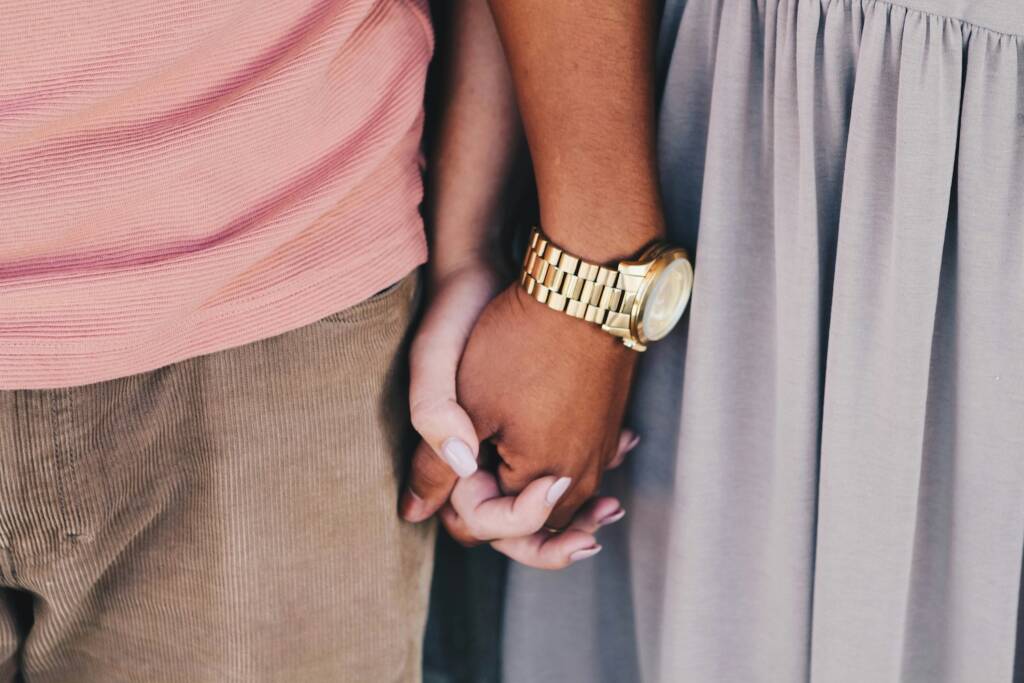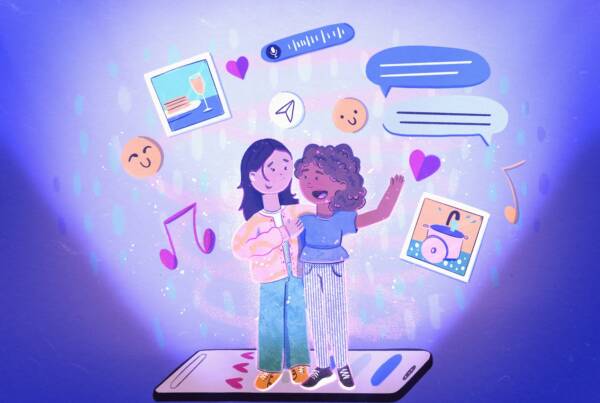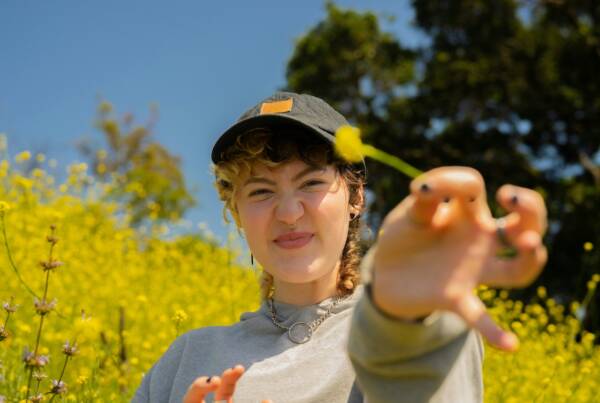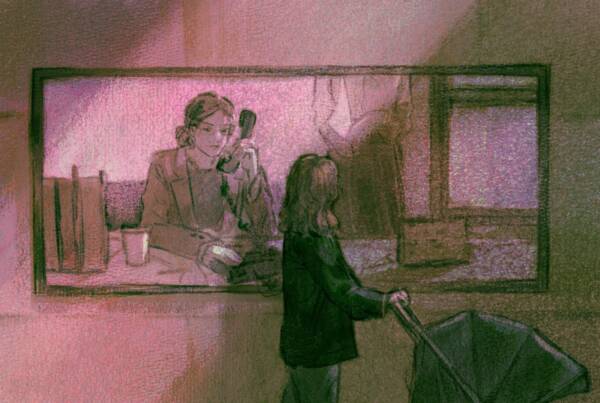Writing by Anwesha // photograph by Lareised Leneseur
 I remember the concerned looks on friends’ faces as I shared with them that my partner and I were starting couples therapy at just 3 months into our relationship. What I found interesting was that most of my friends either had ongoing therapists or had benefited from therapy at some point in their lives, yet they were sceptical of our decision.
I remember the concerned looks on friends’ faces as I shared with them that my partner and I were starting couples therapy at just 3 months into our relationship. What I found interesting was that most of my friends either had ongoing therapists or had benefited from therapy at some point in their lives, yet they were sceptical of our decision.
While an individual getting therapy for the purposes of self-awareness is becoming more mainstream (getting therapy doesn’t have to mean there’s something ‘wrong’ with you), the taboo around couples therapy is a different story. Couples therapy is seemingly reserved for years down the line in relationships, when things are quite dire.
So why does this double standard exist in an age where therapy-speak is ubiquitous?
I believe it’s partly to do with society’s obsession with the honeymoon period. On this matter, Alain de Botton elaborates in an interview with the On Being podcast:
“We are strangely obsessed by the run-up to love. And what we call a love story is really just the beginning of a love story”
Alain de Botton is one of my favourite advocates on modern, practical love in a world where we are taught to prioritise the passionate beginnings of a love story over the more mundane logistics of a fulfilling long-term relationship. We see examples of this obsession in songs, movies and literature.
And while I enjoyed the thrills of a new romance as much as the next person, I also had an urge to learn how to move past some of my recurring patterns in relationships. I wanted to learn how to create a solid foundation rather than relying on hollywood-style declarations of love to repair our ruptures.
So here are five tools that early couples therapy equipped me with, so we could start our relationship off with a strong foundation:
Making friends with your own “mess”
After the initial honeymoon period passes, the earliest fights in a relationship can feel like a taster of the “mess” that’s about to appear in subsequent fights.
Couples therapy showed me how to separate events from the feelings I had about them. It taught me to notice my messy reactions in slow motion, and make note of the meanings I attributed to these events (For example, my partner not inviting me to an event may evoke feelings of abandonment). This awareness created the space to understand myself better in relationships.
Getting to know the person beyond their reactions
Often the meanings we attribute to experiences come from a history. Couples therapy gave me and my partner the opportunity to share our childhood stories, uninterrupted. This provided us with the context for where each of our reactions came from. It helped provide a more empathetic lens towards each other (and ourselves) when we seemed disproportionately reactive to an event, and that created space for healing in a deeper sense for both myself and my relationships.
Learning to state your needs
We tend to suppress our disappointments early in relationships. In fact, the more “chill” and unfazed we seem in the beginning, the better. But slowly, niggling feelings start rearing their heads, and before we know it we’re in a fight throwing out phrases like “you always…!”.
Seldom are we taught to express our needs.
Couples therapy taught me “Nonviolent communication” (NVC) – you start with an honest expression of your feelings rather than focusing on your partner’s apparent ineptitude.
“You always leave the dishes in the sink despite me telling you not to!”
could be reframed as:
“When you leave the dishes in the sink, it makes me feel devalued”.
This makes room for a conversation where your need is validated, rather than creating an “us vs. them” environment where your partner immediately feels defensive.
How to fight well
Couples therapy gave me some tools to fight better (which is so much more sustainable than pretending that fights never happen!).
In a triggered state we often fixate on things, giving them more importance than we actually want. Furthermore, fighting for long periods of time where you both get increasingly dysregulated can leave an imprint on our nervous system. I’ve slowly learnt not to allow fights to spiral. When something triggers me late at night, I’ve often found a better way to express my needs in the morning after.
Also, sometimes a hug has the capacity to de-escalate more than talking about the same thing for the 10th time that hour.
Learning how to work in relationship with the world
Couples therapy didn’t just improve my relationship with my partner, it also made work and other personal relationships a lot easier to navigate.
I’ve found that individual therapy pits You vs The world. It tends to yo-yo between leaving you feeling self-indulgent (“The world is f*cked and you’ve gotten the short end of the stick”) or burdening the individual with responsibility (“The onus is on you to fix yourself”).
And while all of that is relevant and important, I find that couples therapy brings the conversation back to the space in between the person and the world they interact with. The question becomes “What do I need in order to bring my most regulated self to this relationship” rather than a blame-based argument focusing on whose “fault” it is.
I’ve learnt that good relationships give people the space to mess things up. True change doesn’t happen overnight, it’s through repeated effort that we learn how to show up in the world and with our loved ones in a way that our hearts truly desire. Through these tools we’ve both been able to learn how to love each other the way we need, and when we fight we (more often than not) come out the other end with a more deepened understanding of our internal worlds.
It’s also been encouraging to see some previously sceptical friends getting more curious about the positive effects of our unconventional decision. I’d like to imagine a future where couples continue to feel empowered to prioritise the health of their relationship through therapy, free from judgement and stigma.






